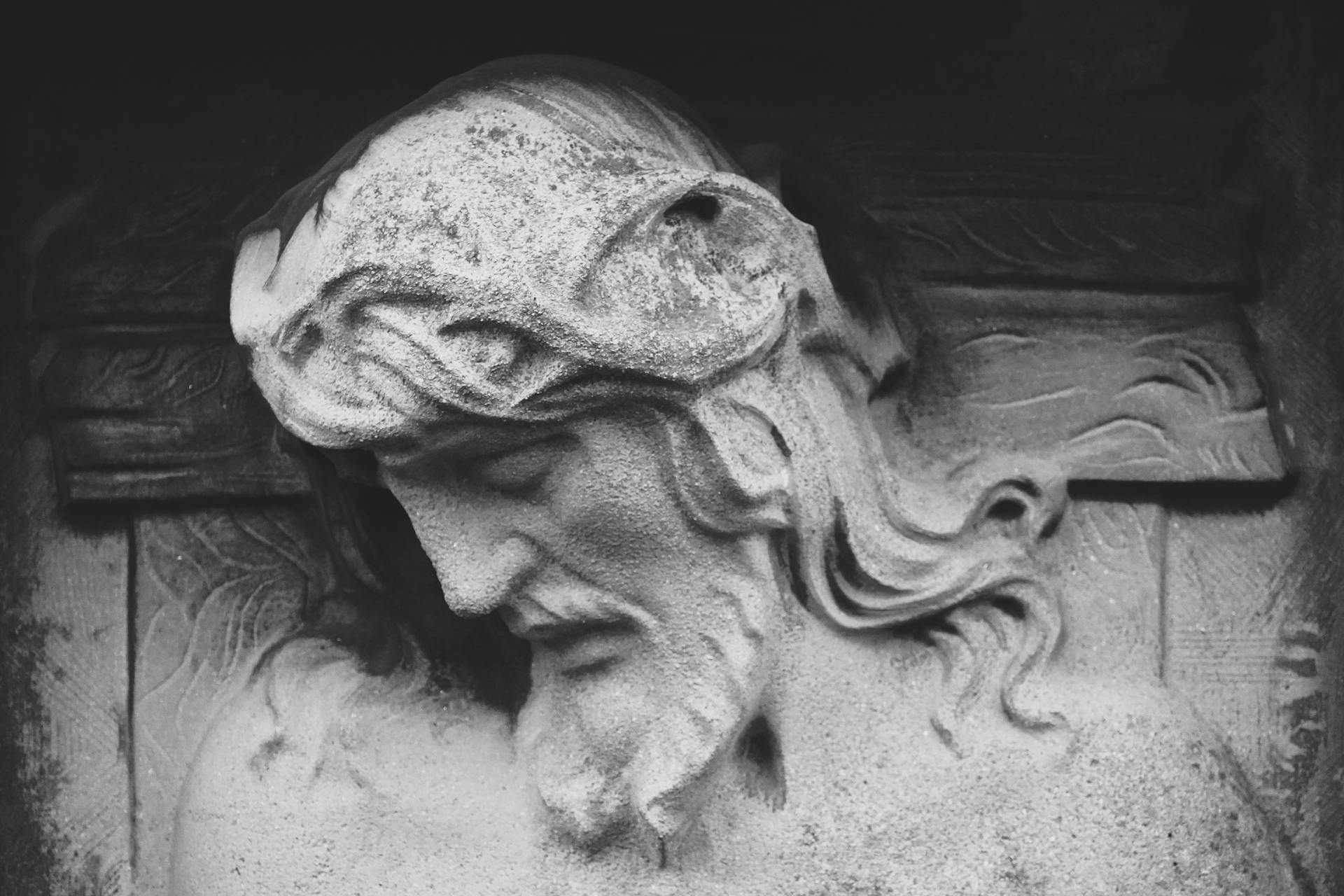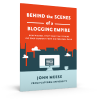Would the Politics of Jesus Offend You?
Why is it that the more polarized our world becomes, the harder it is to love those on the other side?
Why do our politics seem more interested in drawing lines than building bridges?
And what could we possibly learn from Jesus about the kind of politics that heal instead of divide?
If we want answers, we need to go back—not just to the words of Jesus, but to the political world he stepped into. Because while the culture, era, and language may have changed, the heart of the issue remains the same.

Jesus didn’t live in a spiritual vacuum. He entered a world where religion wasn’t confined to personal belief or quiet devotion—it was the framework for how society functioned. Politics and religion were inseparable, and the Temple wasn’t just a house of worship. It was the center of power, the economic hub, and the moral gatekeeper of the nation. To question the religious structure was to challenge the entire political order.
Religious laws didn’t just define personal morality—they defined socio-political order. They determined not only what was right or wrong, but who was righteous enough to belong, who was acceptable enough to be heard, and who was pure enough to be close to God.
At the heart of this system was the concept of ritual purity—a layered set of ceremonial laws that regulated everything from diet to bodily functions to physical contact. This purity system created a kind of political caste system.
If you were born into the priestly class, descended from Aaron, you were at the top. You served in the Temple, represented the people before God, and had both religious authority and political clout. If you were a male Pharisee, wealthy enough to afford regular purification rituals and study Torah full-time, you were respected as holy and righteous. You were seen as spiritually clean, and your voice carried weight.
But if you were born a Samaritan, your ethnicity alone made you impure. If you were a Gentile, you were permanently outside the covenant community. If you were a woman, ritual purity laws surrounding menstruation and childbirth constantly disqualified you from sacred space.
And if you were a leper, or had a skin condition that resembled leprosy, you were required to live outside the city, shout “Unclean!” when others came near, and be barred from worship.
Even your job could make you unclean. Shepherds, though essential to society, were viewed as dirty and unreliable because they lived among animals and couldn’t regularly participate in purification rituals. Tax collectors, who worked with Rome and handled unclean money, were seen as morally compromised and impure.
Purity was not just about what you did and where you were born, but what conditions you lived with. For example, a woman with a long-term issue of blood, like the one Jesus healed in Mark 5, would have been considered continuously unclean for twelve years. Not only was she unable to participate in worship, but anyone she touched—her family, neighbors, or even her own children—would be considered impure as well.
Impurity wasn’t just a spiritual diagnosis. It was social exile. This wasn’t a system built around individual sin as much as it was about communal contamination. You could be considered morally defiling simply because your presence disrupted the clean order of society. And once you were labeled impure, you were cut off—not just from the Temple, but from community, dignity, and often, from hope.
That was the world Jesus entered.
And that was the system he quietly, but powerfully, began to dismantle—not by shouting it down, but by reaching out His hand to those it had rejected.
Jesus’ Compassion Was Political

Every time Jesus touched a leper…
Every time He allowed a bleeding woman to reach for Him…
Every time He sat down to eat with tax collectors or spoke with outcasts…
He was doing more than offering comfort—He was confronting a political system of exclusion.
He saw people not as clean or unclean, worthy or unworthy—but as beloved. He redefined what it meant to be holy—shifting the focus from outward purity to love.
Where purity politics said, Stay away, Jesus said, Come home.
Where the system said, You don’t belong, Jesus said, We are one.
Jesus didn’t even ask people to respond to an altar call. He didn’t require alignment with a particular belief system. He simply gave love—and let that love do the healing.
Sound Familiar?
We like to think we’ve evolved, but in many ways, we’ve simply replaced ceremonial purity with ideological purity.
In our world, people are sorted, judged, and excluded not based on Torah law but on political affiliation, religious identity, ethnicity, social views, or sexuality. We build digital echo chambers. We shame those who are different from us. We call out, cancel, block, and condemn.
We may no longer use the words “clean” or “unclean,” but the effect is the same: we construct systems of belonging based on conformity.
And just like in Jesus’ day, we often excuse or overlook the faults of those in our own political or ideological camp, while harshly condemning—even demonizing—those on the opposing side. The purity system never really died. It just changed clothes.
What If Jesus Still Has Something to Teach Us?
Imagine if we let Jesus shape how we think about politics—not in terms of left or right, but in terms of love vs. exclusion.
Imagine if our concern wasn’t ideological purity but relational proximity.
If we asked not, Do they agree with me? but, Have I loved them well?
What if we saw people not as threats to avoid or enemies to defeat, but as humans made in the image of God—just like Jesus did?
The world doesn’t need more purity politics. It needs more of Jesus’ kind of politics: The politics of compassion.

Written by David Youngren
David Youngren is a spiritual philosopher, storyteller, and philanthropist. He is the author of Life Ascending: Unlocking Mental Wellbeing through Timeless Wisdom and New Science. Through his writings, meditations, and teachings, David inspires people globally to live with greater peace, creativity, and fulfillment.
Disclosure: Some links on this site are affiliate links, meaning we earn a small commission at no extra cost to you. Your purchase through these links helps support our mission. Thank you for your support!
More From The Blog

When Stress Becomes Overwhelming
Sometimes, life feels like it’s pressing in from every side. Responsibilities pile up. Deadlines loom. The news unsettles. People need things you’re not sure you have the energy to give. And underneath it all, there’s a silent panic: What if I can’t hold it all together?

What To Do When You Really Mess Up
And maybe, for a moment, you believe it. You hide. You replay the moment a hundred different ways. You wish you could rewind time. But here’s the deeper truth: messing up doesn’t disqualify you from love, worth, or peace.

Where in You Are YOU?
Discover the deeper truth of who and what you truly are. This blog explores the nature of consciousness, the mystery of our existence, and how awakening to our true essence transforms our mental wellbeing.



